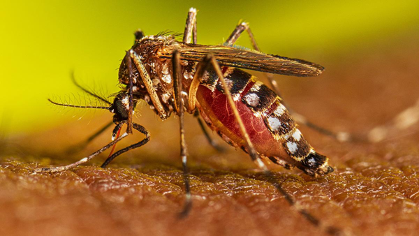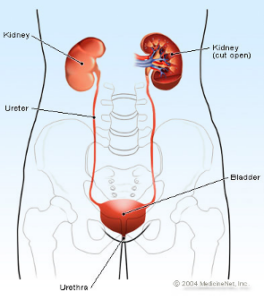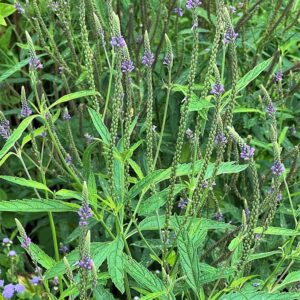The dengue outbreak currently sweeping Jamaica could continue into next year, but health officials are hoping increased vector control measures and an additional $200 million funding from the National Health Fund (NHF) for drain cleaning will help to keep the mosquito-borne disease under control.
Suspected and confirmed cases of dengue fever has increased five-fold. As of September 22, 2023, the country had recorded 565 suspected, presumed, and confirmed cases of dengue. Of that number, 78 cases had been confirmed, with most of the cases seen in Kingston & St. Andrew, St. Catherine and St. Thomas.
The Ministry said at the time that there was no dengue-related death; however, six deaths were being investigated.
Jamaica last experienced a dengue outbreak in 2019. All parishes have had dengue reported, and confirmed cases were detected in Kingston and St. Andrew, St. Thomas, St. Catherine, Westmoreland, Portland, and St. Ann. Currently, parts of St. Thomas, Kingston and St. Andrew and St. Catherine have the highest dengue activities.
“Part of the call from the Ministry of Health and Wellness is to encourage parents to treat children who have a fever with paracetamol and to avoid aspirin and aspirin-like medications such as ibuprofen,” Health Minister Dr. Christopher Tufton advised.
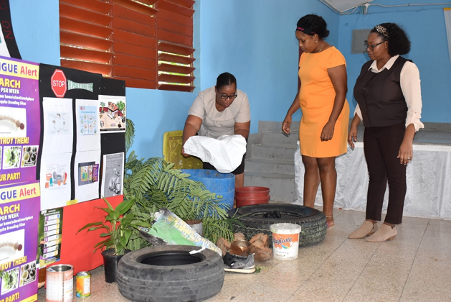
Approximately 500 temporary vector control workers have been engaged, and approximately 60 vector vehicles have been made available across the country to facilitate intensified activities. Fogging has intensified, with activities extended to seven days per week.
“The fogging is a big part of the response, but I will emphasise that fogging only takes care of the situation in a temporary way if breeding sites continue to exist, which is why we have to look for, search and destroy these breeding sites,” the Minister said.
Opposition Spokesman on Health, Dr. Morais Guy, has appealed to citizens to pay close attention to messages, bulletins and updates from the Ministry of Health, its departments and agencies. He also urged Jamaicans to immediately begin cleaning and clearing their yards and communities of debris such as old cans and tyres which collect water and become prime breeding containers for the aedes aegypti mosquito, the carrier of the dengue fever virus.
- About Dengue Fever
Dengue fever is a mosquito-borne disease that is usually an illness in which a person may get a fever, headache, joint, and muscle pains.
Rest and adequate hydration are usually enough to see one through the period of illness. The recommended treatment for the fever is acetaminophen/paracetamol. The Ministry urges members of the public not to use aspirin, diclofenac, ibuprofen, or any of the medications/pain relievers known as non-steroidal anti-inflammatory drugs (NSAIDs). These drugs, when used to treat the fever in dengue, have been known to increase the severity of the disease.
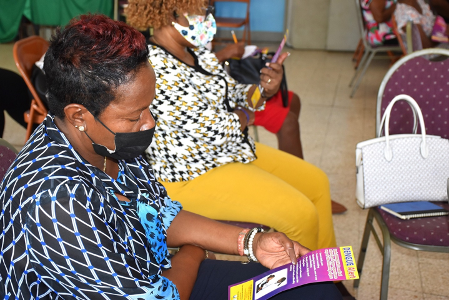
- At present, the only way to prevent and control the dengue epidemic is to combat the mosquitoes that transmit the disease.
- The following are some tips on how you can do that:
- Discard old drums, used tyres, plastic containers, and other items that collect rainwater. These items act as breeding ground for the Aedes aegypti mosquitoes.
- Sleeping area should have mosquito netting over the bed.
- Avoid mosquito bites even during the day.
- Wear long sleeves shirts and long pants outdoor.
- Use mosquito repellent on skin and clothing.
- Eliminate mosquito breeding sites around homes.
- Regularly change water in animals and pets container.
4. The Clarendon Health Department (CHD) hosted a vector control sensitization session on Thursday, September 21 at the St. Thomas Anglican Church hall in the parish. Public Health Inspector Supervisor Gabrielle Jackson Soltau explained that the team partnered with the Early Childhood Development Officer from the Ministry of Education and Youth to work with 40 schools in the Lionel Town area of Clarendon. The principals of these institutions received training and information about mosquito breeding sites, signs and symptoms of dengue, how to protect themselves and environment against dengue, mosquito behaviour, and types of mosquitoes.

